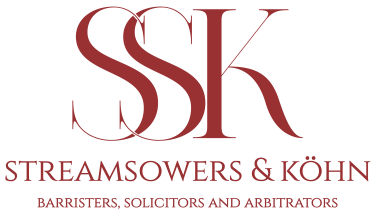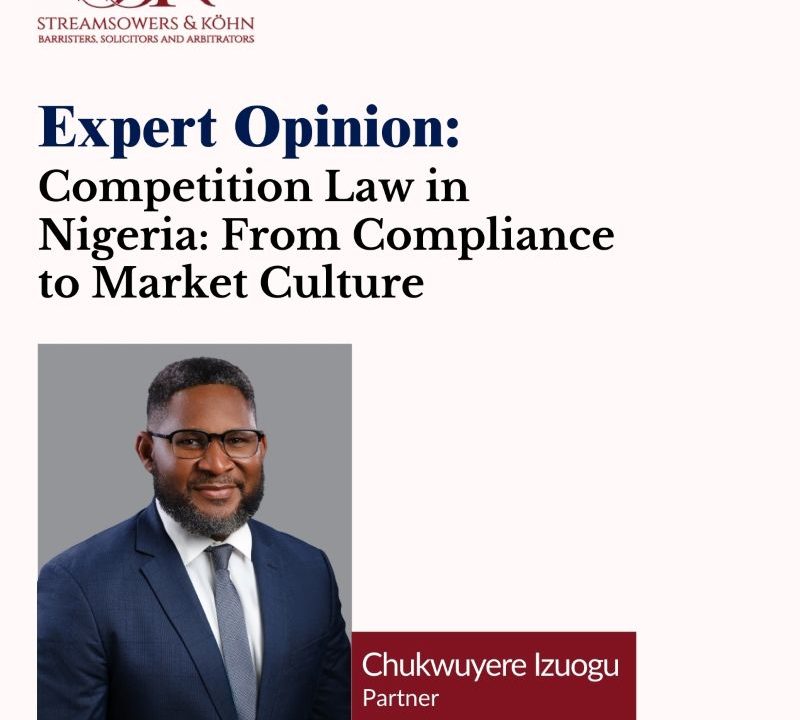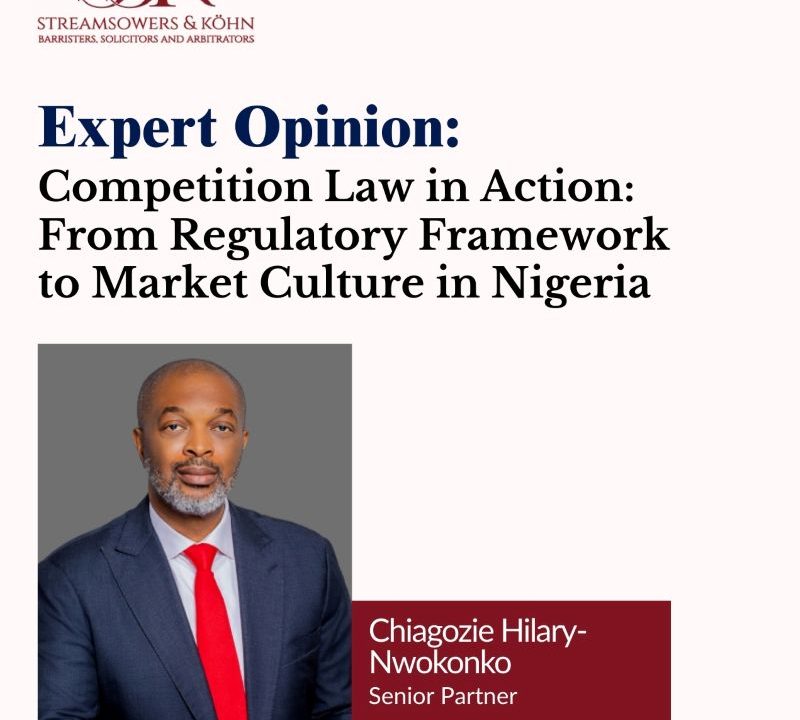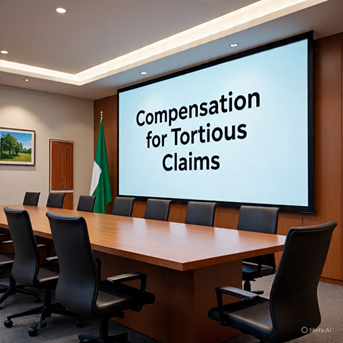In September 2025, the National Center for Artificial Intelligence and Robotics (NCAIR), in collaboration with the National Information Technology Development Agency (NITDA) and the Federal Ministry of Communication, Innovation and Digital Economy (FMCIDE), released Nigeria’s National Artificial Intelligence Strategy (the Strategy).
HomeCategory Articles
Nigeria’s competition law framework is entering a critical phase. The enactment of the Federal Competition and Consumer Protection Act (FCCPA) in 2019 and the establishment of the Federal Competition and Consumer Protection Commission (FCCPC) marked a milestone in aligning the country with the best global practices in market regulation. Beyond statutory provisions, the challenge lies in fostering a culture of compliance, ensuring fair competition, and integrating these principles into business strategy.
Nigeria’s competition law journey is still relatively young, but its impact on market behaviour, regulatory thinking, and business strategy is already becoming evident. The enactment of the Federal Competition and Consumer Protection Act (FCCPA) in 2019 and the establishment of the Federal Competition and Consumer Protection Commission (FCCPC) marked a defining moment in Nigeria’s economic governance. For the first time, the country adopted, a comprehensive, economy-wide competition framework aligned with global best practices.
Corporate LawData Protection Case Review: Chukwunweike Akosa Araka v. Ecart Internet Services Nigeria Limited & Eat ‘N’ Go Limited
The Nigerian Data Protection Act 2023 (NDPA) was enacted to establish a comprehensive statutory framework for data protection in Nigeria. Before its enactment, the Nigerian Data Protection Regulations 2019 (NDPR), issued by the National Information Technology Development Agency (NITDA), served as the primary instrument governing data protection. The NDPR significantly reshaped the national data protection landscape, prompting NITDA to undertake
On 29 July 2025, President Bola Ahmed Tinubu signed into law the Nigeria Insurance Industry Reform Act 2025 (‘NIIRA’ or ‘New Act’), a legislation aimed at transforming the Nigerian insurance sector. The New Act repealed the Insurance Act, Cap. 117, Laws of the Federation of Nigeria, 2004 (‘Old Act’) and other obsolete insurance legislations to provide a
Corporate LawUnlocking Nigeria’s Digital Future: The NCC’s Proposed Spectrum Strategy and Its Implications for Space Service Operators and Broadband Expansion
Aminu Maida, the Executive Vice Chairman (EVC) and Chief Executive Officer (CEO) of the Nigerian Communications Commission (NCC or the Commission) recently stated at a public event that the Commission will soon unveil a five-year National Spectrum Roadmap, titled the “Spectrum Management and Allocation Blueprint (2025–2030)”. The roadmap is expected to serve as a strategic framework for the allocation, management, and optimisation of Nigeria’s finite
Corporate LawUnderstanding the Employees’ Compensation Act and Tortious Claims for Workplace Injuries in Nigeria
The Legislative Arm of the Federal Republic of Nigeria passed the Employees’ Compensation Act (the “Act”) on December 17, 2010, replacing the Workmen’s Compensation Act Cap. W6 Laws of the Federation of Nigeria, 2004, which was enacted in 1987. The Act marked a new era in providing redress
Did you know that failure to obey lawful instructions from any member of an aircraft crew may lead to criminal sanctions? As an airline passenger in Nigeria, it is important to know that your action or inaction in response to lawful instructions by the aircraft crew or to well-established rules and regulations may lead to criminal sanctions. The Nigeria Civil Aviation Act 2022 (“the Act”) prohibits certain behaviours by passengers on board an aircraft, and the breach of these provisions may result in the criminal prosecution of the
The rapid expansion of Nigeria’s music industry is not only a cultural milestone but also a strategic asset in the country’s economy. As global demand for Nigerian music surges, particularly through digital platforms like Spotify, royalty inflows are injecting valuable foreign exchange, stimulating ancillary industries such as audiovisual production and
Paragraph 14(b) Part II of the Second Schedule of the 1999 Constitution of the Federal Republic of Nigeria and Section 2(2) of the Electricity Act of 2023 (“EA”) empowers states in Nigeria to develop and regulate their electricity markets subject to the State of House of Assembly passing a law to that effect. This allows States to regulate electricity operations within their jurisdiction, including power generation, transmission and distribution.











